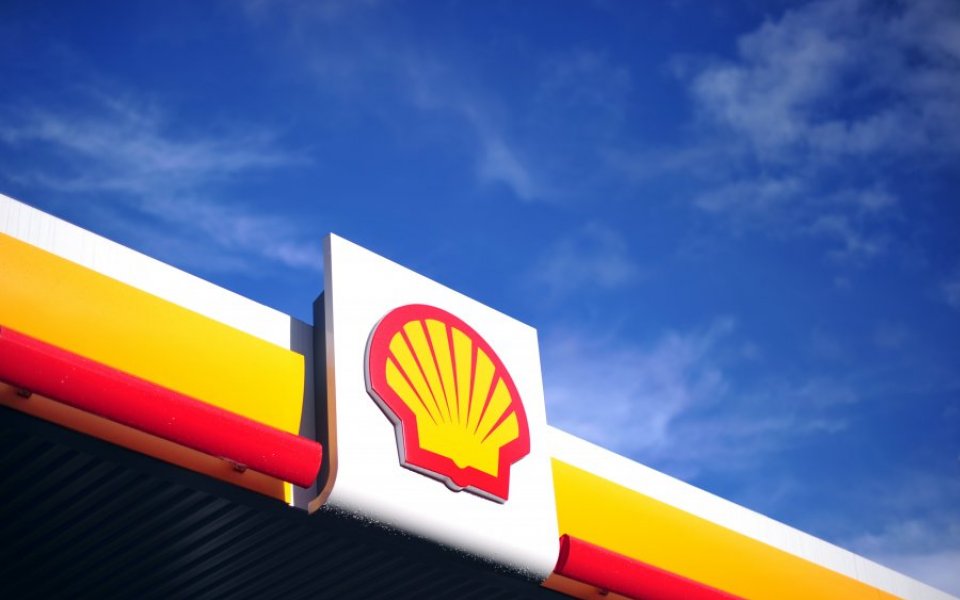Shell share price rises as it completes takeover of BG: But merger could make sense with oil prices below $60 per barrel

When Shell announced the takeover of BG last year, Brent was around $55 per barrel. By the time the deal was approved earlier this year, the price of a barrel of crude was hovering around $30, continuing its downward trajectory which began in August 2014.
To give some wider context, Brent at one point fell close to $27 in January 2016, its lowest level since November 2003, and marking a 75 per cent fall from the peak of $115 in the summer of 2014.
In this time, shares in oil companies have fallen and the very low oil prices have forced many into financial distress.
The majors are paying dividends through debt issuance, an unsustainable position. As a result, the deal remained attractive for BG shareholders, and it was unsurprising to see them vote through the cash and shares offer.
Read more: Oil company forecasts aren't in line with reality
Perhaps more surprisingly, 80 per cent of Shell shareholders backed the merger, indicating key investment houses believed the deal would create value in the medium to long-term.
At the time of the deal, Shell said the combined group will need crude to be above $60 per barrel to break-even, implying that it has confidence in oil prices strengthening over a 10-20 year timeframe.
Costs have continued to fall in recent months and these are likely to be stickier during any upturn than prices, effectively reducing this break-even in the longer-term.
It is therefore probable that the deal could make financial sense at lower prices than Shell indicated, while its greater financial muscle should see the combination through the potentially difficult times ahead.
Read more: "Significant moment" as £35bn Shell-BG merger goes through
Of course Shell wants to make a return on its investment but this deal has strategic value and is much a recognition of the growing importance of gas within the energy mix.
In the mid-term, the combination should benefit from BG’s large LNG portfolio providing stable earnings, while its position in the Brazilian offshore brings Shell a material position in one of the world’s great oil production growth regions where breakeven costs are materially lower than $60 per barrel.
A true judgement of the merits of the deal will only become possible in coming years, as the oil market fully adjusts to balancing falling costs with lower oil prices and the LNG world moves towards a more tradeable market.
All eyes will be on the ability of Shell to pay a sustainable, attractive dividend in coming years, a key component for investors in major oil companies.